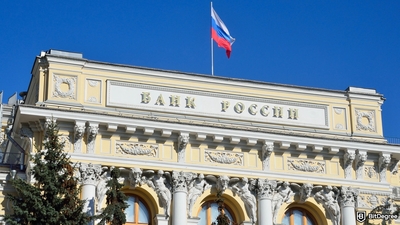Free Airdrop Season 7 is LIVE! Answer fun questions or do simple tasks to earn rewards from the $30K BitDegree prize pool. Participate Now ! 🔥
Decade-Old Crypto Payment Firm Wyre Calls It Quits Amid Market Downturn
Wyre's closure adds to the list of cryptocurrency and blockchain-based companies that did not survive the bear market.
The crypto payment pioneer Wyre is set to cease operations after a ten-year run, attributing its downfall not to the stringent US regulatory climate but to the financial turmoil stirred by a prolonged bear market.
Headquartered in San Francisco, Wyre has indicated that this decision has been made to "protect the best interest of our key stakeholders and customers." The firm reiterated its commitment to protect customer assets in a blog post published on June 16th.

Did you know?
Subscribe - We publish new crypto explainer videos every week!
What Are Oracles in Crypto? (Beginner Friendly Animation)


Customers have been granted until July 14th to withdraw their holdings through the Wyre dashboard.
Wyre continues to secure customer assets. If you have assets on the Wyre platform, you can continue to withdraw them via Wyre’s dashboard until Friday, July 14th. After then, we will have a separate process to recover assets remaining on the platform.
Furthermore, Wyre disclosed that it is open to offers for its assets, including those of its subsidiaries.
A significant setback for Wyre occurred in September 2022, when a $1.5 billion acquisition deal was abandoned by one-click checkout company Bolt.
On top of that, early signs of trouble were evident on January 4th, 2023, when a fiat-to-crypto on-ramp provider Juno encouraged its users to move their crypto assets off the platform for self-custody, hinting at the prevailing uncertainties around its custody partner, Wyre.
Following suit, MetaMask also discontinued its support for Wyre's crypto payment services due to the same concerns. A few days later, Wyre imposed a 90% withdrawal limit for all users, which was quickly removed on January 13th after securing funds from an anonymous "strategic partner," which briefly instilled hope for the firm's survival.
The decision of Wyre to wind down its operations serves as a stark reminder of the ruthless realities of the ever-volatile crypto market, wherein even established firms may find it challenging to stay afloat during protracted bear phases.























